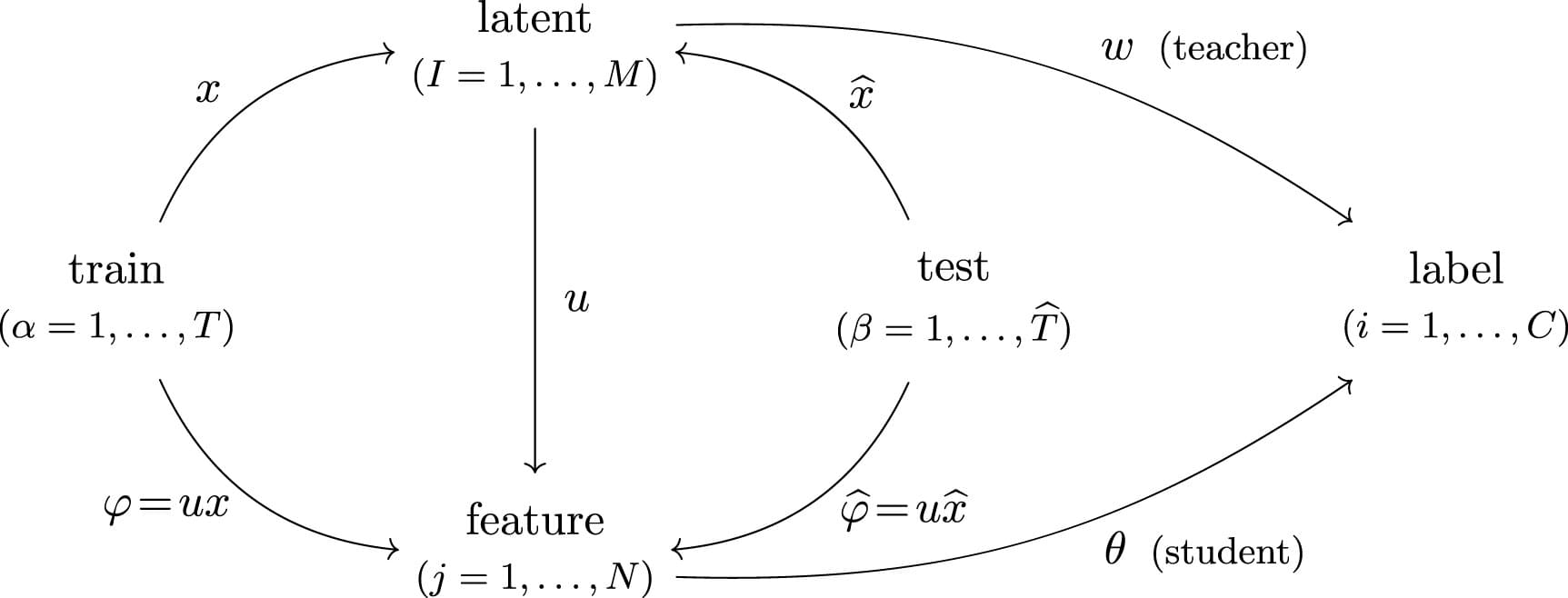From self-driving cars to facial recognition, modern life is growing more dependent on machine learning, a type of artificial intelligence (AI) that learns from datasets without explicit programming.
Despite its omnipresence in society, we’re just beginning to understand the mechanisms driving the technology. In a recent study, Zhengkang (Kevin) Zhang, assistant professor in the University of Utah’s Department of Physics & Astronomy, demonstrated how physicists can play an important role in unraveling its mysteries.
“People used to say machine learning is a black box—you input a lot of data and at some point, it reasons and speaks and makes decisions like humans do. It feels like magic because we don’t really know how it works,” said Zhang. “Now that we’re using AI across many critical sectors of society, we have to understand what our machine learning models are really doing—why something works or why something doesn’t work.”
